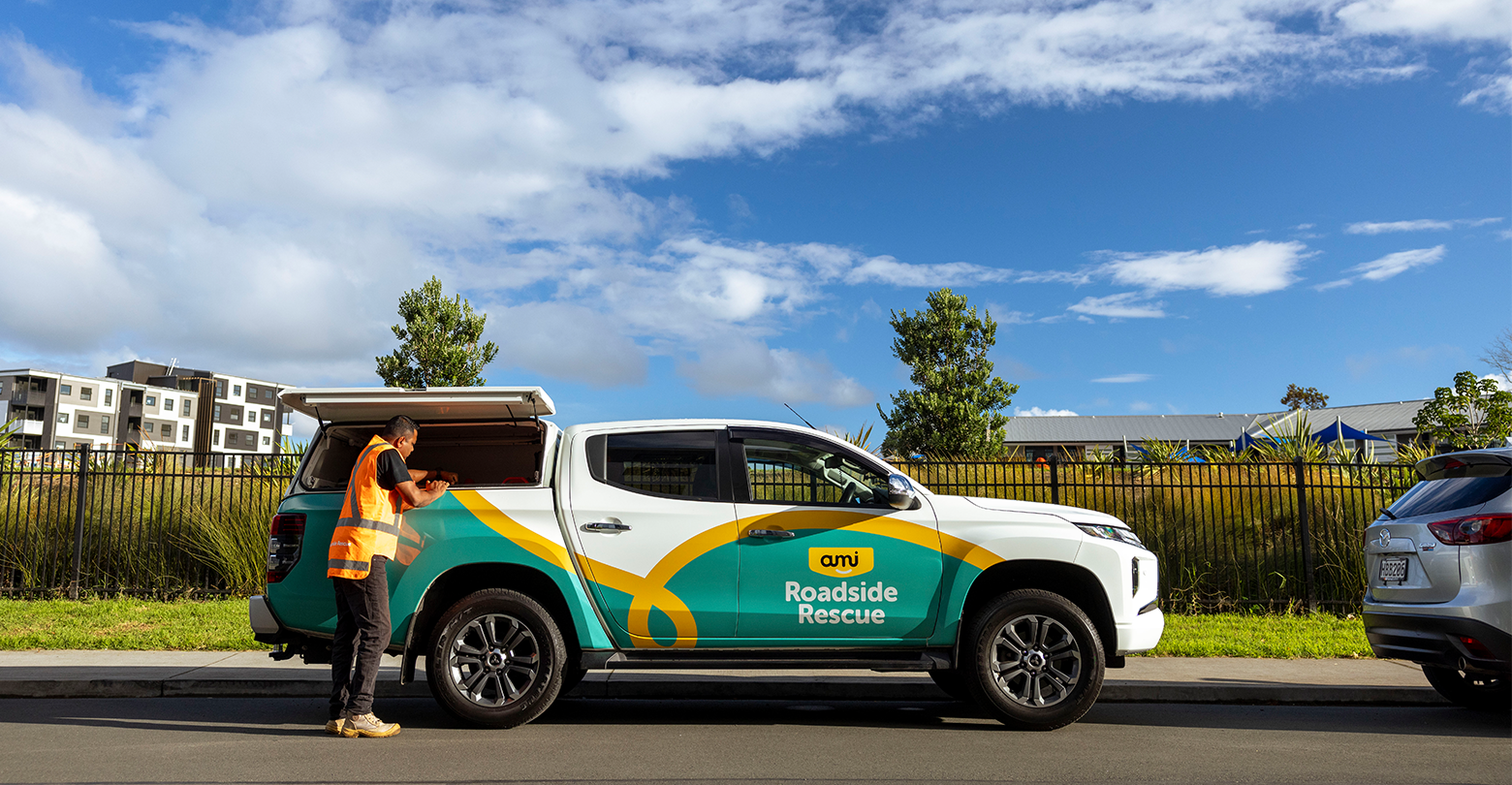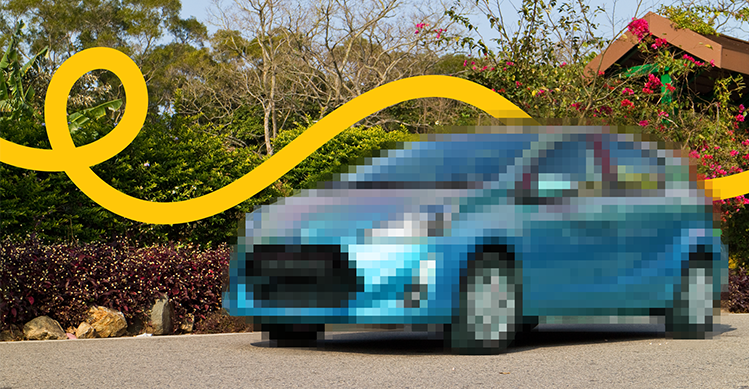When times are financially challenging and you’re looking for ways to stretch your budget, it’s easy to put car maintenance on hold, especially the big jobs.
So what car maintenance work might save you money in the long run? A few things stand out, including brakes, cam belts and water pumps . If your mechanic or a warrant of fitness check says your brake pads are OK but getting low, your water pump is leaking or the next service schedule will include cam belt replacement, you could ask how much the job typically costs and start saving straight away.
Finding a good mechanic can be another way to save money in the long run, even if they’re not offering the cheapest price. Ask friends and family if they know a vehicle technician they trust. Find out what they like about them and listen for comments, such as the mechanic
Cam belt: If your car has a cam belt and it breaks, your engine might be seriously damaged. To avoid this, the car manufacturer specifies a time or how many kilometres you can safely do before the belt needs to be replaced. They’re typically somewhere between 60,000km and 100,000km. The cam belt operates valves that open and close to let the fuel and air mixture in, and exhaust out of each cylinder at exactly the right time. If the belt breaks, one or more valves can be left open into the cylinder and a piston can smash into them causing damage deep inside your engine.
Brakes: If you drive long trips, do lots of stop and start on crowded motorways, use steep roads a lot or tow a trailer, your brakes usually work harder and may need servicing more often. Moisture from condensation can build up in brake fluid and corrode metal parts of the braking system. That’s why brake fluid needs to be replaced from time to time. Brake testing and a visual inspection are part of a warrant of fitness test and if they’re low you might be asked to get them serviced. If you’re ever concerned about your brakes between warrant of fitness checks, you can always get them checked to be safe. If brake pads wear right down, permanent scratching and damage might occur to more expensive components.
Cooling system: If an engine is running too hot, it might lead to excessive wear and tear. So maintaining your cooling system properly can save money in the long run. Cooling systems run under high pressure and hoses wear out over time. Replacing a worn hose might prevent it blowing out in an isolated spot or at an inconvenient time. If a hose does break, it may be a good idea to check all your hoses for signs of perishing or wear.
Oils and filters: If you have a relatively new car that you’re keen to look after, using the manufacturer’s genuine oils and filters can be worth the extra expense. But for older vehicles, using cheaper brands could save money to help cover the increased maintenance costs as cars age.
Tyres: Checking your tyre pressure regularly can help reduce excess fuel costs due to under-inflated tyres. Remember to check your spare tyre as well, in case you need it, and the equipment used to change a wheel. Tyre tread depth is part of a warrant of fitness check, so you should get some warning when tyres are nearly ready for replacement. If tyres are too worn they lose their ability to push water aside, which may cause your car to lose grip and aquaplane across the water on wet roads.
Get protected with the right level of car insurance. AMI offers three levels of cover to choose from.


